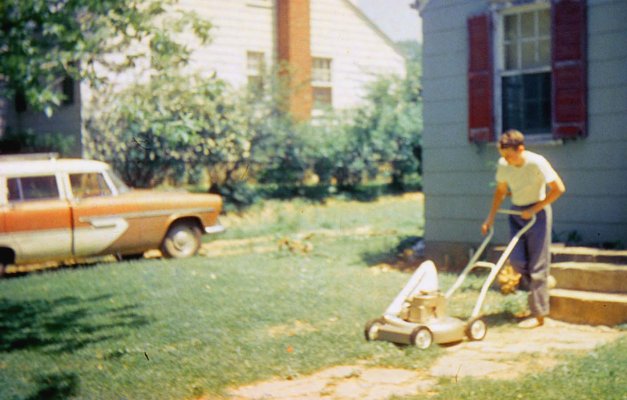Just as a matter of record, my family was definitely middle-middle class. I was a kid more than 50 years ago. Using us, and our neighbors as data, every thing you say above is wrong. Though we did often entertain ourselves after school, my Dad paid for me to go to a judo dojo during high school, still during the 50s, and several summers but not all we got to go to camp. My father supported a wife, 4 children, his MIL and MIL's sister. All the kids went to parochial school for which he paid tution. They did have one car, until about 1960, then 2, and often newer cars than many here report. We had one TV, a "hi-fi" record player, and enough clock radios to have them scattered all over the house. We had a yearly vacation usually to a nearby lake, but rarely camping and never sponging off relatives. No one of his 4 kids went to trade school, though 2 of the 4 went to nearby universities and lived at home during that time. They never bought anything used, and never bought anything shoddy.
Something you did not mention above, but really improved his quality of life- he never did DIY stuff, other than interior painting. He had a handyman, a very good one, for jobs, remodeling etc around the house and yard, and a mechanic for cars. We children had to help out with childcare, yard maintenance, occasional outdoor painting jobs like fences. We also did some of the more unskilled jobs in the kitchen- salads, some sauces and of course dishwashing. After I was off at college they even got a dishwasher.
I would like to make a meta-statement. There is a lot of very unifomed bs on the internet, passed out as fact. An opinion does not equal a fact.
Ha

 ...
...